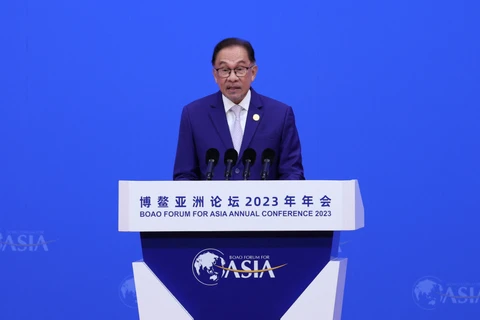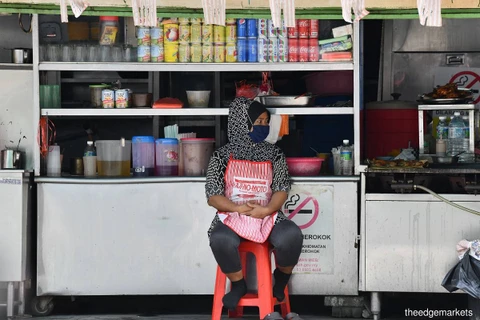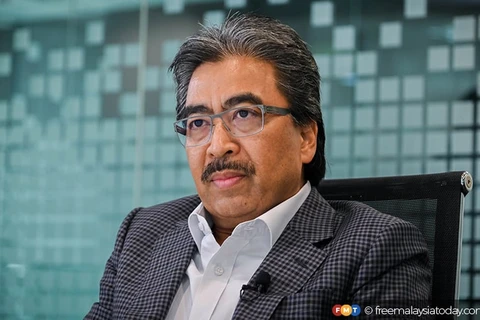Kuala Lumpur (VNA) - The Malaysian government remains committed to implementing policies that can bolster the nation’s economic growth and competitiveness to attract funds that will strengthen the international reserves and the ringgit.
The Finance Ministry (MoF) said the government will also continue to carry out policies to improve the investment climate and national productivity to enhance Malaysia’s long-term appeal for foreign direct investment and foreign portfolio investment.
In a document published on the Parliament website on April 6, the ministry noted that factors that could strengthen the ringgit included global market stability, positive investor sentiment and higher foreign exchange acceptance firmly supported by the country’s core economic activities.
It explained that Bank Negara Malaysia’s (BNM) approach for strengthening the ringgit is focused on ensuring the ringgit adjustment is done in an orderly manner, thus helping people and businesses in planning their expenditures and investments well.
The MoF said BNM will continue to manage risks from domestic and external developments as well as using its policy instruments to ensure an orderly market situation./.
The Finance Ministry (MoF) said the government will also continue to carry out policies to improve the investment climate and national productivity to enhance Malaysia’s long-term appeal for foreign direct investment and foreign portfolio investment.
In a document published on the Parliament website on April 6, the ministry noted that factors that could strengthen the ringgit included global market stability, positive investor sentiment and higher foreign exchange acceptance firmly supported by the country’s core economic activities.
It explained that Bank Negara Malaysia’s (BNM) approach for strengthening the ringgit is focused on ensuring the ringgit adjustment is done in an orderly manner, thus helping people and businesses in planning their expenditures and investments well.
The MoF said BNM will continue to manage risks from domestic and external developments as well as using its policy instruments to ensure an orderly market situation./.
VNA























